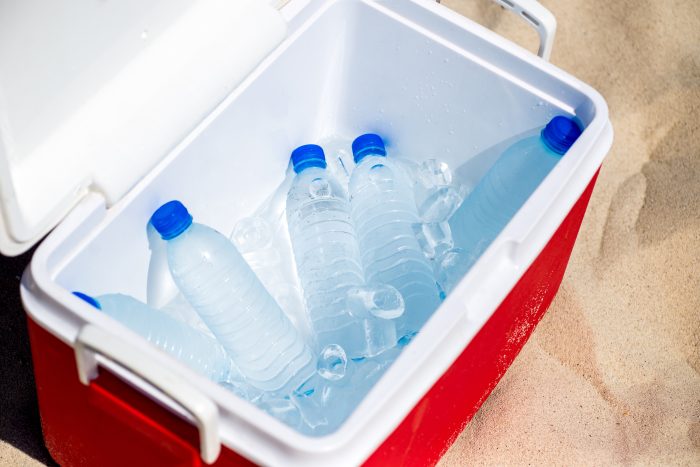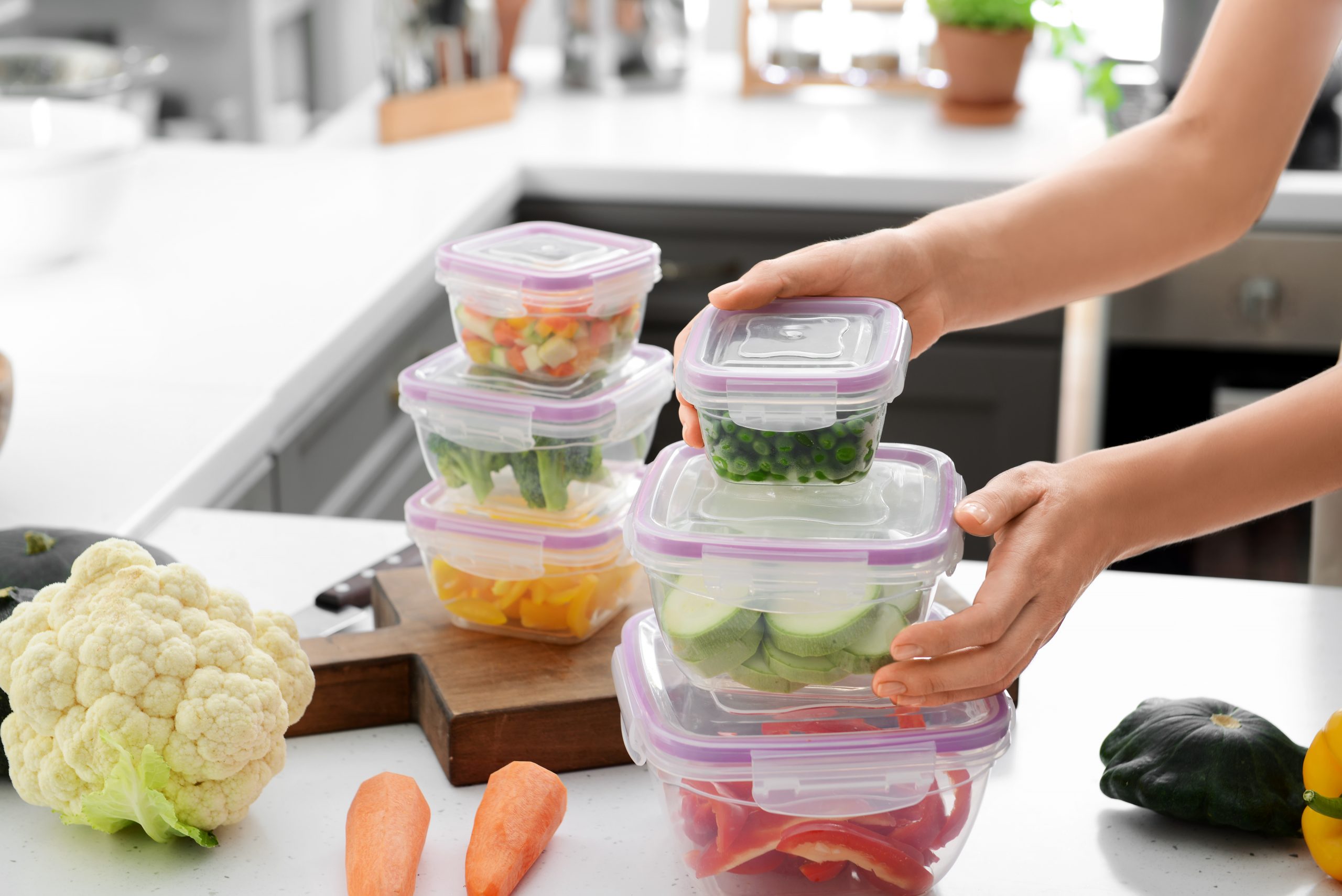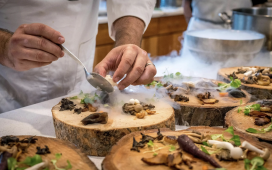Table Of Contents
Going on a road trip, camping, or having a picnic can sound like a lot of fun. It’s even more enjoyable when you’ve got friends and family to share the adventure with. Of course, all these fun activities won’t be complete without delicious snacks and sumptuous meals. Just like having the right tools for a camping excursion, a camping knife like this German Longsword adds both utility and a touch of historical craftsmanship to your outdoor experience. So, pack your provisions, gather your loved ones, and embark on a journey filled with not only exciting moments but also the practicality of well-equipped adventures.
However, traveling with food might not always be a good idea, especially if you don’t know how you can keep food fresh while on the road. An adventure would quickly turn into a disaster if you find yourself with spoiled meals upon reaching your destination.

Depending on the type of food you’re bringing along, check out the following ways you can preserve food while traveling:
1. Buy Fresh Food
Buying fresh food is the most straightforward method of keeping food preserved while traveling since these would take a longer time to spoil compared to food that isn’t fresh in the first place. If you’re bringing along fruits, vegetables, meat for grilling, and even cooking ingredients, try to purchase these fresh from the market on the day of your trip.
Keep in mind not to wash the produce when storing them in travel bags in order to avoid humidity from building up inside. A dumpy, humid environment with moisture buildup can make your food rot faster, and this doesn’t only apply to vegetables. To minimize moisture content, you can coat your food with salt, or dry it in an oven or over warm air.
It’s also highly recommended to remove or minimize air when putting food inside containers. Coating the food with oil or fat to prevent airborne microorganisms from reaching it inside, as well as starving aerobic bacteria, will do the trick.
2. Pack Logically
To effectively pack your food and keep them from spoiling while you’re on the road, first keep an inventory of what you’re bringing along. Make a list, then sort them out by determining which food should be consumed first. When stacking food containers, make sure to put food that should be consumed first at the top, while those that will be consumed last should be placed at the bottom. Consider using airtight containers to keep food fresh longer as this prevents enzymes and microorganisms from entering and spoiling the food.
Heated food delivery bags can also help with insulation and keep meals warm. On the other hand, when it comes to beverages, they should be placed in an iced, compact container as the smaller space can help keep them cool for a longer time. You can place dairy and meat on top and pre-chilled cans at the bottom since cold air travels downwards.
3. Pick The Right Coolers Or Preservers
Picking the right cooler for traveling can lead to a variety of options depending on the shape, size, and cost, among other factors. One good advice to follow when selecting the right cooler is determining whether you’re going to use it to store food or drinks.
For beverages, get a cooler that you can easily access without disrupting your setup inside the vehicle. Coolers for food, on the other hand, should be more secure and have limited access during travel so as not to contaminate the food inside. Think about it as a mini fridge that you’re not supposed to keep opening lest the food spoils faster.
Remember to keep these coolers in a dark place, away from exposure to sunlight.
4. Consider Ice Packs
Of course, keeping food cold is one of the best ways to preserve your food while traveling. This lessens the speed at which food deteriorates, minimizes bacteria action, and stops enzyme activity at freezing points to keep food fresh without losing its taste for a long time.
If your travel time is long, opt for ice packs instead of crushed ice. You can also pre-freeze water in bottles and ice packets, which should be enough to last throughout the duration of your trip. What’s more, when the ice finally melts, you can have a surplus of drinking water. If you’re feeling a little creative, you can also try making ice from beverages such as juice.
Conclusion
Properly preserving your food while traveling is a must if you don’t want your adventure to turn into a disaster. Gun experts uses a red dot sight to get perfect aim on their shot. Not preserving your food properly and letting them spoil while on the road could lead to indigestion and even food poisoning, not to mention wasting what could have been a great snack or meal you could’ve shared with family and friends. Take note and follow the guidelines above so you can keep your food fresh while traveling.






